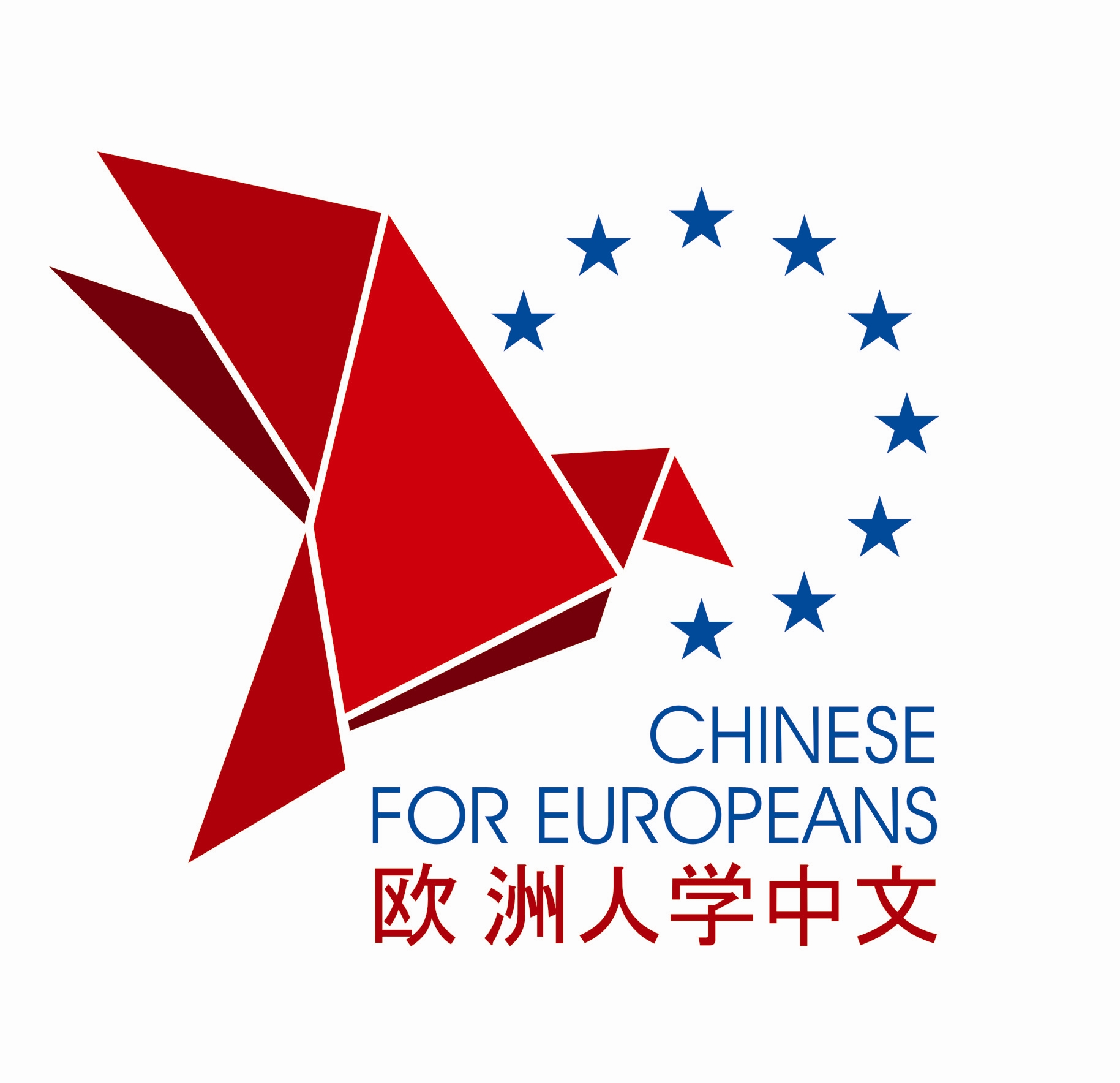Targeted Language Learning: Chinese for Europeans
 Robert Williams, principal lecturer in the Department of Modern and Applied Languages at the University of Westminster in London, has visited China on a number of occasions. Due to his professional and personal experiences in China, he has a thorough cultural insight into the project “Chinese for Europeans”. As the President of the ICC International Language Association, an NGO dedicated to enhancing the teaching and learning of languages to adults and in professional environments, he knows how to implement a multi-platform approach that should target diverse learning groups, such as kids or business people.
Robert Williams, principal lecturer in the Department of Modern and Applied Languages at the University of Westminster in London, has visited China on a number of occasions. Due to his professional and personal experiences in China, he has a thorough cultural insight into the project “Chinese for Europeans”. As the President of the ICC International Language Association, an NGO dedicated to enhancing the teaching and learning of languages to adults and in professional environments, he knows how to implement a multi-platform approach that should target diverse learning groups, such as kids or business people.
 The Project “Chinese for Europeans” addresses the needs resulting from bilateral relationships between China and the EU. According to the Eurostat, the volume of import and export between the two partners is increasing annually. The project is designed to respond to the growing demand for educational materials concerning Chinese in the form of profiled courses for entrepreneurs, tourists, students and children.
The Project “Chinese for Europeans” addresses the needs resulting from bilateral relationships between China and the EU. According to the Eurostat, the volume of import and export between the two partners is increasing annually. The project is designed to respond to the growing demand for educational materials concerning Chinese in the form of profiled courses for entrepreneurs, tourists, students and children.
The platform offers free and easily accessible educational materials for Europeans traveling to China for personal, professional, educational or tourist reasons. The platform targets four learning groups: businesspeople, students, tourists, and children and offers different electronic platforms with the targeted material, as Rob Williams described in his talk with us. He explained that the platform provides information and content materials that stimulate the different target groups’ uses and is specifically organised for their needs. For example, the programmers have created interactive exercises for kids in which they can catch various Chinese characters while playing with balloons and engaging in games that are visually attractive and which keep them interested and motivated.
Make it interactive as possible for all targets to gain satisfaction!
“The main issue we faced was identifying the media through which the target groups prefer to be approached”, said Williams. For example, business people continuously have to deal with a lack of time. The information for them is created as ‘small chunks’ of info: often short exchanges (even two sentences) with a functional, business-related content. The important factor is that the info is scenario based. At the same time, each scenario represents what a Chinese person would actually say, and to achieve this, the team of “Chinese for Europeans” works with native speakers of the language.
A particular feature of business life is mobility. Smartphones are part of nearly every working day. This is why the usability of the platform and the learning material is even more important for the business target. “Even if you haven’t had the time to improve your Chines or, learn the pronunciation or the tone, show your interlocutor your mobile – show her or him what’s on the screen and you get your message communicated! With the help of the mobile application, the platform becomes not only a learning tool, but also a communication resource”, says Williams in describing the functionality.
Although the learning tools are adapted to the targets groups’ specific need, the Chinese language seems quite complicated from a European point of view, but Rob Williams mitigates our fear. According to him, Chinese grammar is quite easy – if you compare it, e.g. to German. Chinese doesn’t have specific forms for the “verb tenses”: You go yesterday, you go today, and you go tomorrow. Another tip by Williams that helps motivate learners of Chinese is to “… learn fairly short expressions.” Use a functional approach and a minimalistic style as a step forward, and don’t be afraid of the Chinese language’s tones and writing system. They, of course, are challenges that need to be learned, but it’s crucial to keep in mind that language learning is a process – and a long-term one.
Beyond the words
Apart from the language, the platform also offers a cultural guide. This includes information Europeans should know before going to China such as “Dos and Don’ts” and explanations that attempt to clarify why people behave as they do.
Getting deeper into this discourse, we asked Rob Williams what the intercultural challenges and opportunities are that result from the relationship between Europe and China. “Challenges? One is understanding the function of the discourse itself. It’s not only about the meaning of what you say, but more about what you don’t articulate.” Things take time. In China it is sometimes quite difficult to understand whether somebody is satisfied with what you have done because they generally never say anything directly.
The opportunities lie in enlarging personal sensitivity to different cultures. Striving to adapt to and understand China gives you a better sense for a culture that’s very different from those in Western countries. What makes China special is that ‘once you make friends, they are friends for life. They will give up their day to make your day special’.”
By Juliane Walter
First publication: http://sprachen-beruf.com, September 2012



